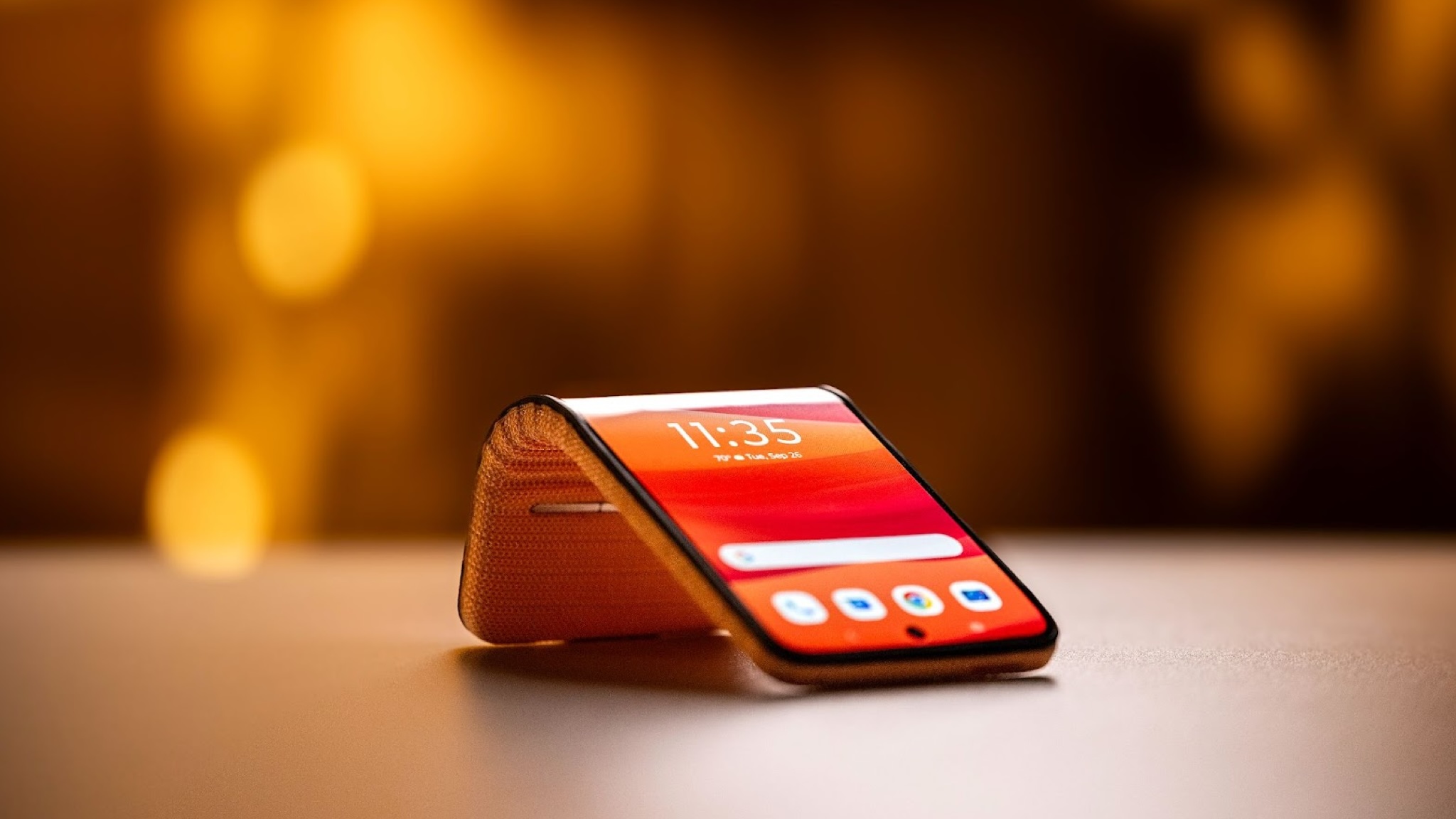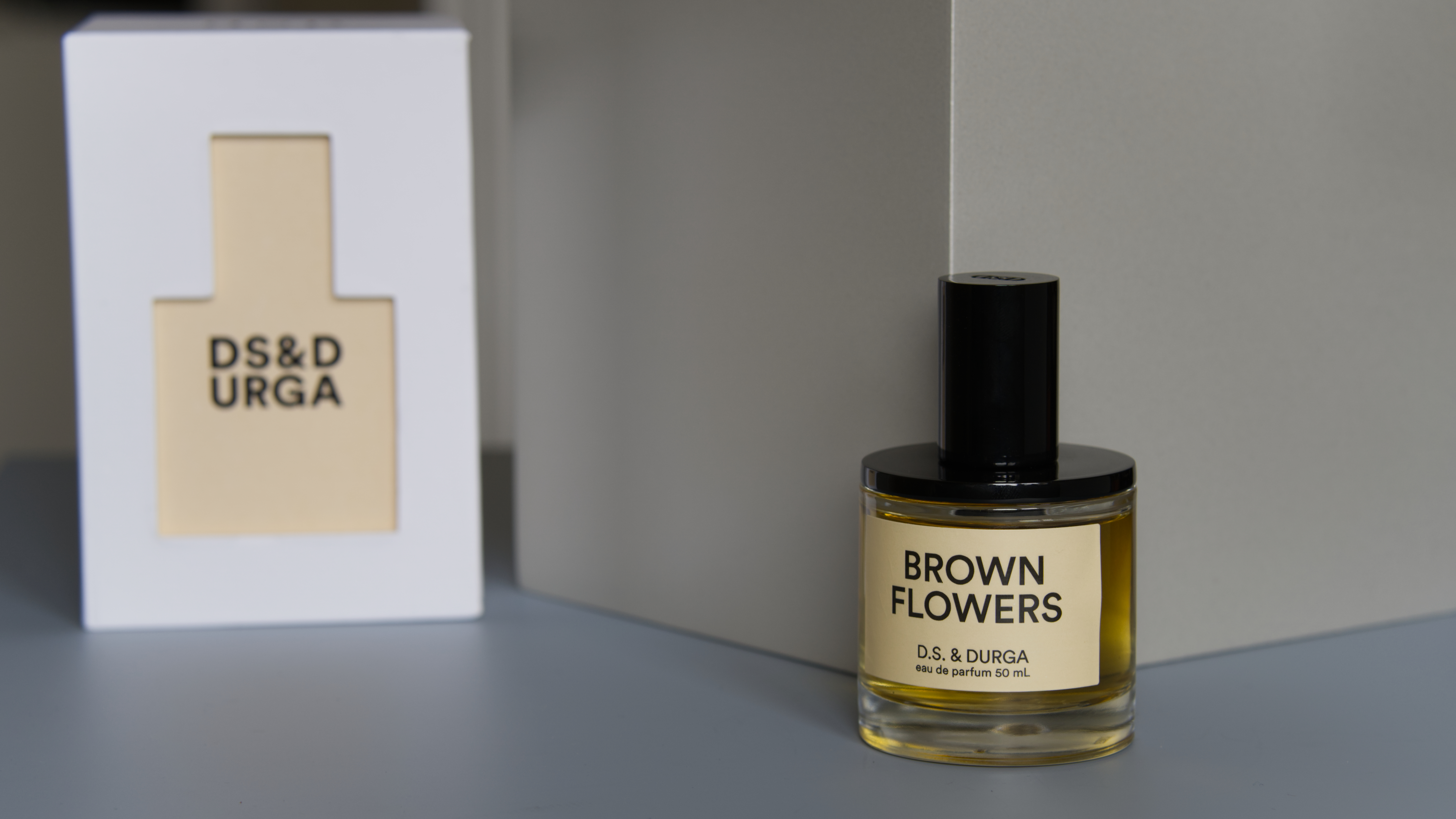

We're increasingly fond of foldables here at T3: the best folding phones are seriously impressive, with devices such as the Samsung Galaxy Z Fold 5 and the OnePlus Open very successfully blending style and substance. But despite their clever engineering, they're still limited in their folding flexibility. What if folding phones were bendy rather than just folding at one central point?
That's what Motorola has been thinking, and its new concept phone shows a bending display that's capable of folding into all kinds of shapes. You can bend it backwards for desktop mode, turn it into an inverted V for looking at stuff, or even bend it around your wrist like an enormous Apple Watch. It looks horrendous in that scenario, but that's not really the point: concepts are a way of showing what's possible with current tech. And what's possible is clearly very interesting.
Can you buy the folding Motorola phone?
You can't buy this one, sadly: the Razr 40 Ultra is the current star of the Motorola phone range, at least in terms of what you can buy in the shops. But unlike some concepts the new design isn't based on tech that doesn't exist yet. It uses a 6.9" FHD+ pOLED panel.
The p in pOLED means plastic: by using plastic substrates instead of glass, panels can be curved or bent without pushing the substrate beyond its limits. Chances are, if you see a bananaphone it'll have a pOLED panel.
Because Motorola isn't making this particular concept into a production device we have no idea what a retail version would cost or when it might be available. And I think it's highly unlikely that bending or foldable phones will be displacing the best smartwatches on anybody's wrists for some time to come. But as a glimpse of what the phones of a few year's time could look like, I think it's both interesting and desirable too.
This isn't the only thing that Motorola is showing off at the Lenovo Tech World conference, where it unveiled its banana phone. It's also been showing AI features including a personal digital assistant that can do much more than the current crop; mobile document scanning and cleanup; AI text summarisation; and smarter privacy protection, including automatically spotting and blurring personal stuff in images you're about to share on social media.
Sign up to the T3 newsletter for smarter living straight to your inbox
Get all the latest news, reviews, deals and buying guides on gorgeous tech, home and active products from the T3 experts
Writer, musician and broadcaster Carrie Marshall has been covering technology since 1998 and is particularly interested in how tech can help us live our best lives. Her CV is a who’s who of magazines, newspapers, websites and radio programmes ranging from T3, Techradar and MacFormat to the BBC, Sunday Post and People’s Friend. Carrie has written more than a dozen books, ghost-wrote two more and co-wrote seven more books and a Radio 2 documentary series; her memoir, Carrie Kills A Man, was shortlisted for the British Book Awards. When she’s not scribbling, Carrie is the singer in Glaswegian rock band Unquiet Mind (unquietmindmusic).

